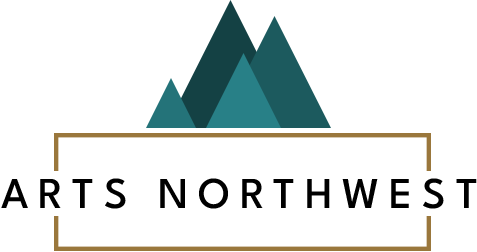
AboutAgenda The HubSponsor AdvertiseShowcaseFivepointOWorkshopsHotel/ShuttleExhibitors TipsPresenters Tips
Your goal should be to meet your colleagues, begin to establish name recognition for your artists (or yourself if you are self-represented), and exchange information and materials with presenters. Of course, there are no guarantees so come as prepared as you can. Many of our conference attendees have years of experience and much to share with you. Introduce yourself. Ask questions when they are not busy, and take notes.
- Enough materials to distribute to presenters. Remember that all audio equipment has to be used with headphones. Bring business cards, a notebook, and any other items that will help you promote your artists and keep track of presenter responses.
- Web Site: You need your website address to be clearly listed on your materials and business cards.
- Be sure your artist profile page on the Arts Northwest website is up to date and the links are working.
Practice your main message before you come. Try to develop a short paragraph that describes the “uniqueness” of your artist, the art form, the repertoire, the general technical requirements, the dates you have available, residency activities, fees, etc. Find out all you can about the presenters most likely to book your artist(s). Since this is your first experience and you will be meeting new presenters, you may want to spend more time listening and taking notes on what the presenter’s mission is, who the audience is, how big the hall is, how technically developed the facility is, what the artist fee ranges are, and when the presenter makes the decisions. The information can be invaluable for the future.
You need presenters and they need you. It is a team effort to bring the Arts to the people! To that end: and / orTry to relax and work at building relationships for the future.
- Look at other tables for good ideas
- Do not grab presenters as they come down the aisle
- Do not interrupt another artist talking to a presenter
- Do not force materials on a presenter
- Ask what a presenter is thinking about for their season – budget, space, audience, and artistic genre. Consider it an exchange of information.
- When talking about money, know your costs so you can be fair to yourself, and to the presenters. (Remember that presenters often talk amongst themselves, so be consistent)
- Know your market and find your niche
- If you pencil a presenter and venue in for a date, follow up post-conference to find out if they are still serious. Go to contract as soon as all the details are sorted out.
- Send out materials post-conference in a timely fashion
- Return all phone calls and emails
Attend as many of the conference activities as possible, including professional development opportunities workshops, the general membership meeting, and the opening reception. The conference offers a host of opportunities for education and professional growth, allowing you new insights into the field. Meal functions and social activities allow time for networking and fun.
